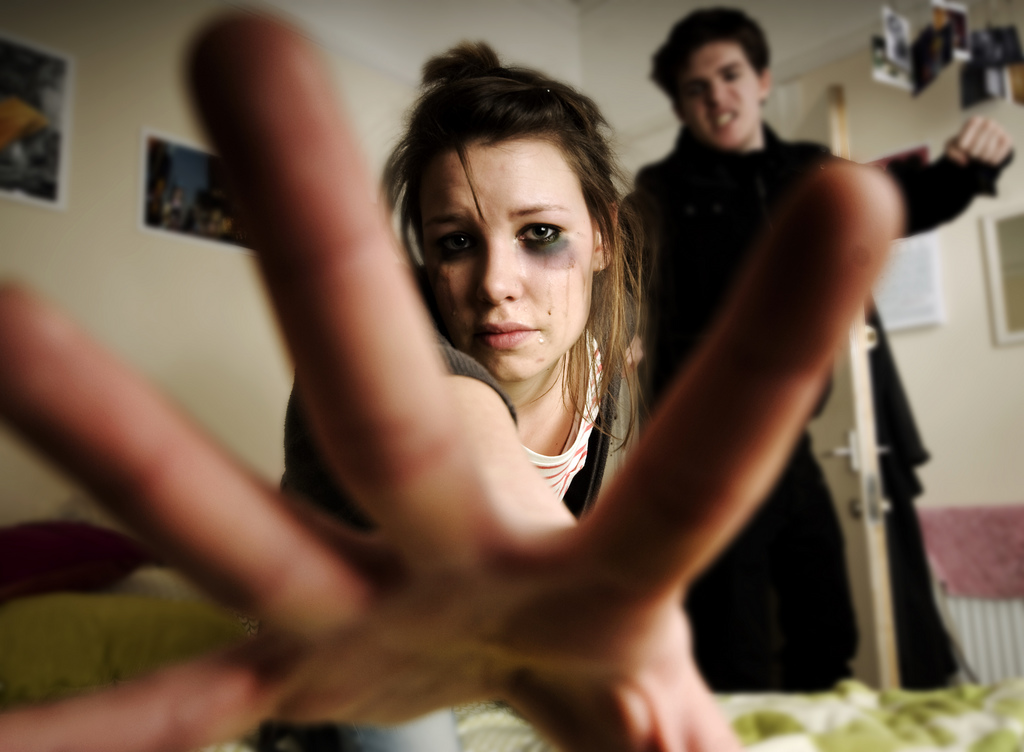
What’s the first thing that pops into your head when you hear the word ‘abuse’? Child abuse perhaps, or a woman being beaten up by her husband? What if someone was to say ‘elder abuse’? What kind of image does this evoke in your mind? An old lady being slapped by someone younger and stronger than herself?
The actual definition of elder abuse is “any act occurring within a relationship where there is an implication of trust, which results in harm to an older person. Abuse can include physical, sexual, financial, psychological and social abuse and/or neglect”.
The interesting aspect of this definition is the “implication of trust”. Fact is that most cases of elder abuse is at the hand of a family member.
Seniors Rights Victoria (SRV) is the primary, government-funded organisation for older Victorians seeking information and support relating to elder abuse. Between July and December 2010, there were 1,083 calls to the SRV helpline. Of these calls, 74% were related to elder abuse and 75% were calls from women.
Of these calls, 29% related to psychological/emotional abuse, 25% financial abuse while physical abuse accounted for 6% and neglect 4%.
So how many older people in Australia are affected by elder abuse? The World Health Organisation say that information on the extent of abuse in elderly populations is scant, but the few population-based studies that have been conducted suggest that between 4% and 6% of elderly people have experienced some form of abuse in the home.
Similarly, the Department of Social Work at the University of Melbourne in partnership with The Benevolent Society’s Abuse of Older People, Research to Practice Briefing in 2010 found that Australia lacks reliable national data but there is considerable evidence to suggest that abuse of older people is often unrecognised and under reported by families and professional in the home, hospital and residential care settings.
It’s obvious that more studies need to be done in order to determine the extent of this problem. There’s plenty of data on child and women abuse, so why are we neglecting those that spent all those years looking after us when we were younger? Do they not deserve the same respect and quality to life as we do just because they’re old?
Last Wednesday (15/06/11) was World Elder Abuse Awareness Day (WEAAD) and senior organisations around the world called for an end to elder abuse, for more studies to determine the extent of elder abuse and for more services to be provided to older abuse. It’s clear something needs to be done to protect our older population. Perhaps the first step is for all of us to start taking notice.

